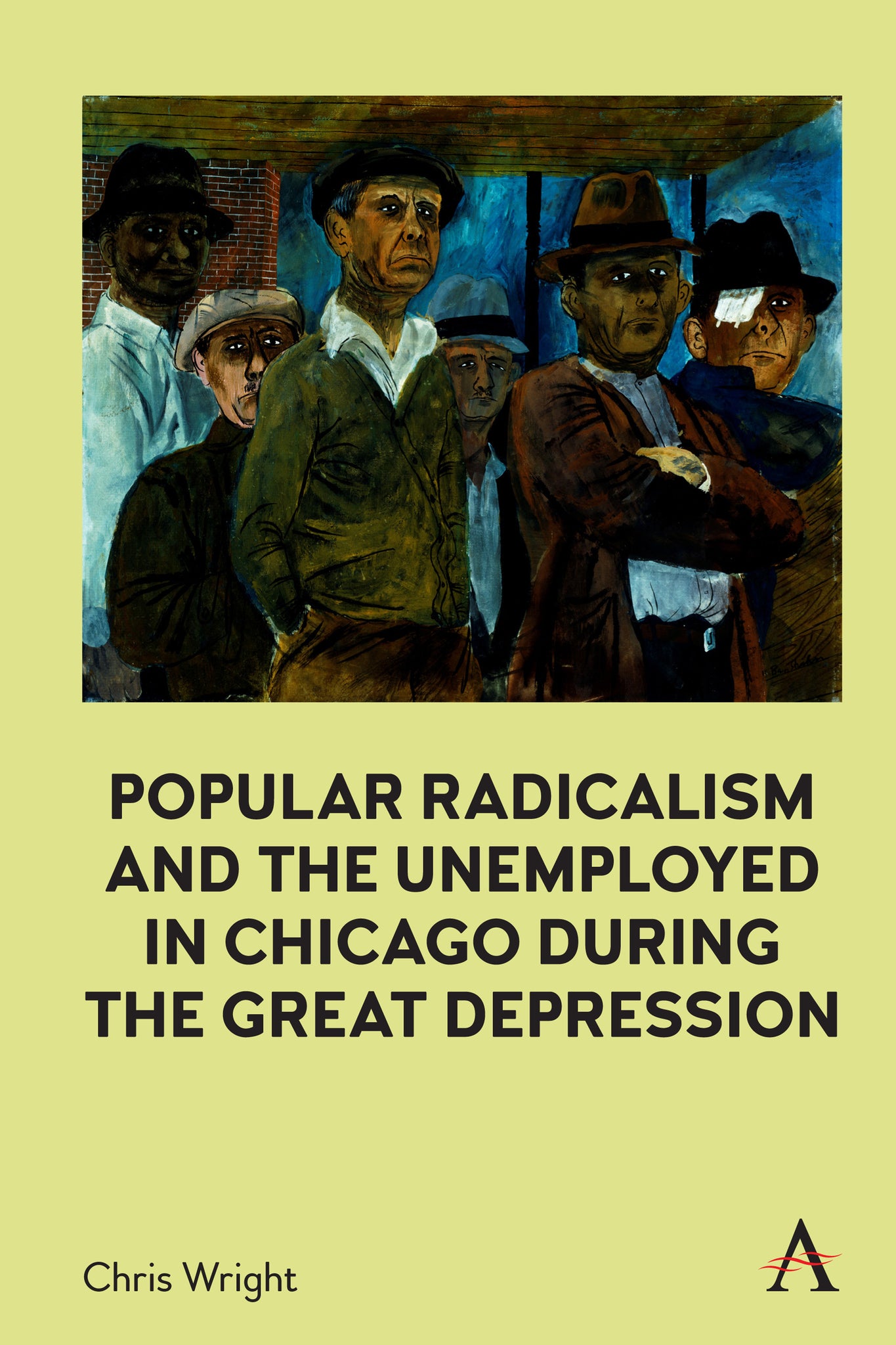We're sorry. An error has occurred
Please cancel or retry.
Popular Radicalism and the Unemployed in Chicago during the Great Depression

Some error occured while loading the Quick View. Please close the Quick View and try reloading the page.
Couldn't load pickup availability
- Format:
-
14 June 2022

In a time when mass joblessness and precarious employment are becoming issues of national concern, it is useful to reconsider the experiences of the unemployed in an earlier period of economic hardship, the Great Depression. Focusing on the bellwether city of Chicago, this book reevaluates those struggles, revealing the kernel of political radicalism and class resistance in practices that are usually thought of as apolitical and un-ideological. From communal sharing to “eviction riots,” from Unemployed Councils to the nationwide movement behind the remarkable Workers’ Unemployment Insurance Bill, millions of people fought to end the reign of capitalist values and usher in a new, more socialistic society. Today, their legacy is their resilience, their resourcefulness, and their proof that the unemployed can organize themselves to renew the struggle for a more just world.

HISTORY / United States / 20th Century, Social and cultural history, HISTORY / United States / State & Local / Midwest (IA, IL, IN, KS, MI, MN, MO, ND, NE, OH, SD, WI), HISTORY / Social History

“In Popular Radicalism and the Unemployed, Chris Wright uncovers a deep vein of activism during the Great Depression. By focusing mostly on industrial workers, scholars have missed layers of protest expressed not just in words but in deeds by the era’s most deprived, the chronically unemployed. Wright shows us a web of activities, often centered in unions and churches. The jobless and homeless held onto a strong sense of mutuality, and they even organized sit-ins, demonstrations, hunger marches, all with clearly articulated policy goals. Popular Radicalism and the Unemployed urges us to rethink the alleged inertia of society’s most oppressed then and now, and thereby to rethink social class.”—Elliot J. Gorn, Professor, Joseph A. Gagliano Chair in American Urban History, Loyola University Chicago, USA.
Acknowledgments; Introduction; Chapter One - Overview; Chapter Two - Hardship; Chapter Three - Coping; Chapter Four - Relief; Part I: “Shelter Men”, Chapter Five - Relief; Part II: Governments, Unions, and Churches, Chapter Six - Collective Action; Conclusion; Index



